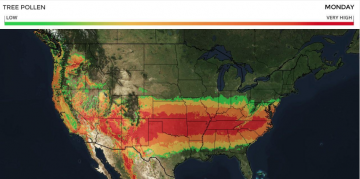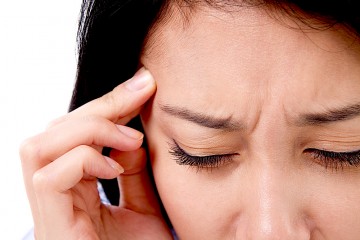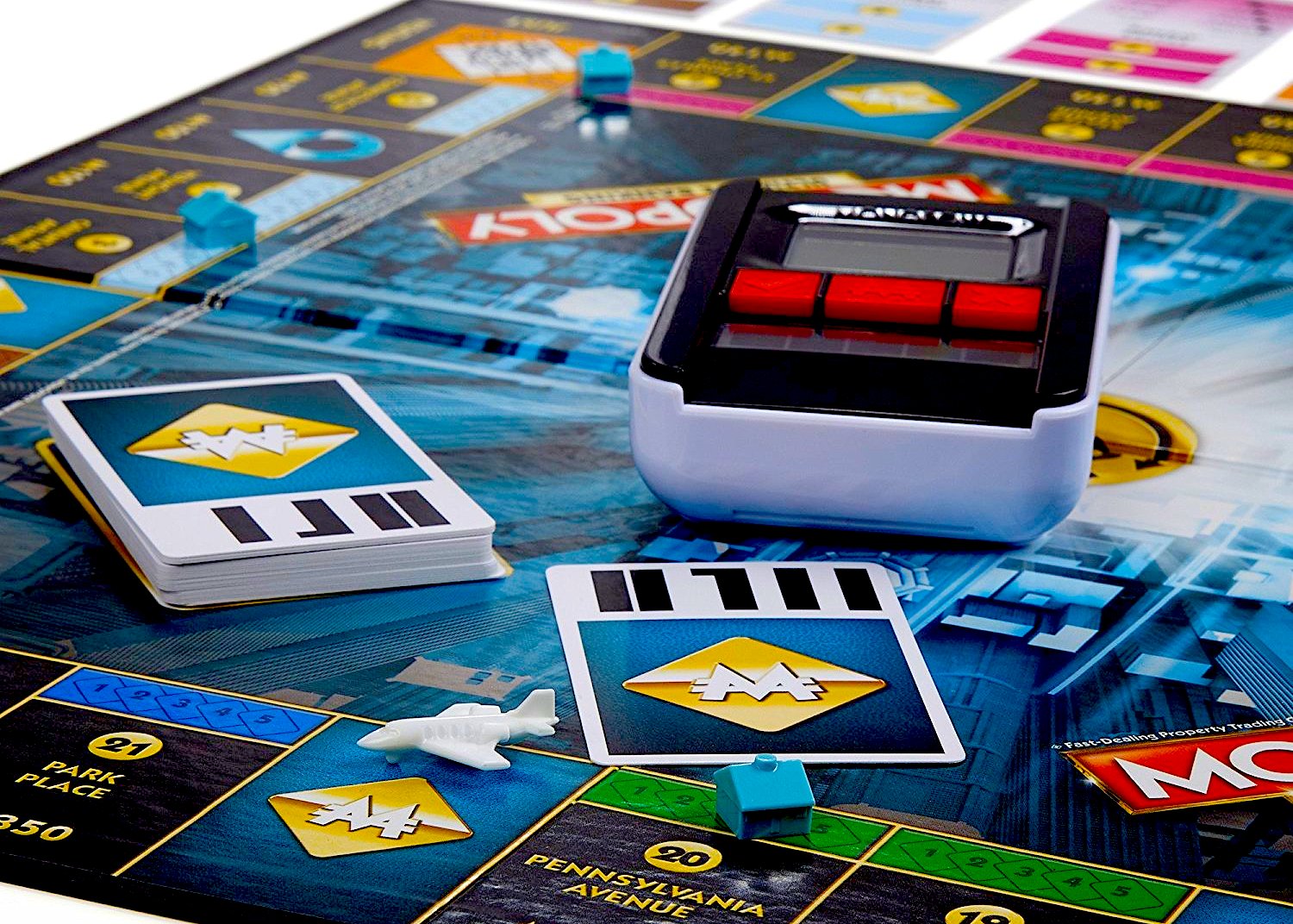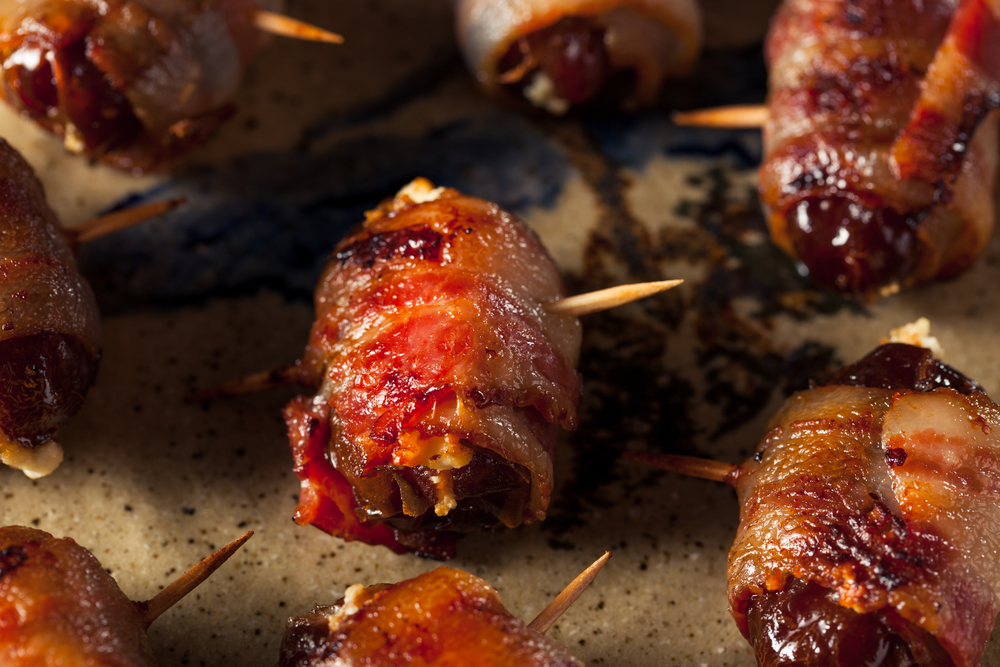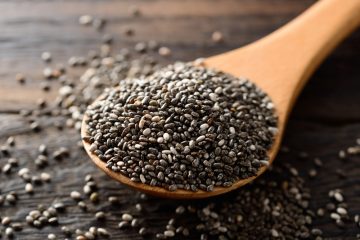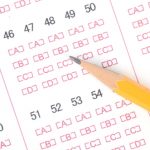Children And Allergies
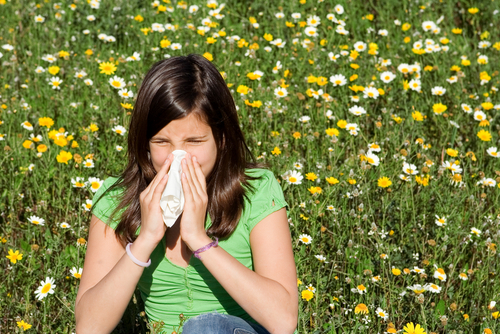 Find out what the pollen count is today.
Find out what the pollen count is today.
It’s that time of year again. Ahh Spring. The days are getting longer and warmer; a myriad of vibrant colors replaces the monotonous brown. As the great outdoors calls, I can’t be happier to get my kids out of the house. Then reality hits as my oldest comes home daily looking like she’s been punched in both eyes. Several times a day she succumbs to fits of sneezing and a nagging cough– in short it’s allergy season and she’s miserable. Unfortunately, many of our outdoor spring sports begin when allergy season is in full swing. As the trees and flowers bloom the pollen rains down, coating everything and everyone.
As a parent with active children what can we do?
1. First it’s imperative to get your kids to an allergist.
What may seem like a spring cold could actually be seasonal allergies or even asthma. If your child has seasonal allergies they may be allergic to pollen produced by trees, grass and ragweed. They could also be allergic to dust, snow mold or dander to name a few. Every time he or she is exposed to their allergen their immune system tries to fight it off by releasing histamine and inflammatory cells causing symptoms of sneezing, coughing, wheezing, itchy and watery eyes. Your child may experience some or all of these symptoms. The bottom line is – untreated; they will feel miserable and lethargic. Probably the last thing they will want to do is go outside and play sports.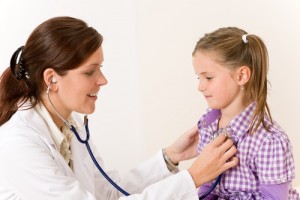
2. If your child has allergies, ensure any medications prescribed by the doctor are taken as prescribed. Don’t wait for the symptoms to show up before giving the medication. Any doctor will tell you if you have experienced symptoms in the past to start treating them before they show up. They tell me to start my children’s medications in March. If at all possible keep your child indoors especially when the pollen counts are high – usually first thing in the morning and then another peak in the afternoon. They will be higher on hot, dry, windy days and lower after a rain. Find out what the pollen count is today.
3. The best treatment is avoiding the triggers, which could mean keeping your child indoors on high pollen days. If your child is exercising outdoors, monitor his or her wellbeing. If your child starts to complain about their symptoms or becomes easily winded or wheezy, consider having them sit out or even go home early.
4. A daily shower is also important to wash off all allergens from their body and hair that can follow them into the home. The last thing you want is for your allergic child to be breathing in those allergens that were in their hair and now on their pillowcase all night long. Also, make sure you are washing every article of clothing they have worn outside. If your child is having a severe reaction every Spring you should talk to your doctor and consider starting allergy shots.
5. Finally, if your child’s allergies are very bad you may want to consider some form of indoor sport for the season until the air quality improves. Consider indoor sports clinics, indoor track, indoor climbing, dance, or martial arts. The good news is the allergy season will not last long and with proper management, your child can safely and comfortably continue their activities throughout the year.
Find out what the pollen count is today.
15+ of Our Favorite Mouth-Watering Burgers
5 Foods That Might Make You Sicker
When Should You Worry About a Headache?
15+ of Our Favorite Family Games
Everything You Need to Know About Allergies
Our Favorite Festive Cocktails
Irresistible Bacon-Wrapped Dates.
Why You Should Add Chia to your Diet
Read This Before You Pop a Sleeping Pill

